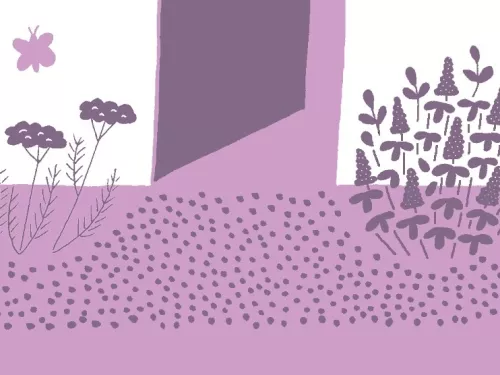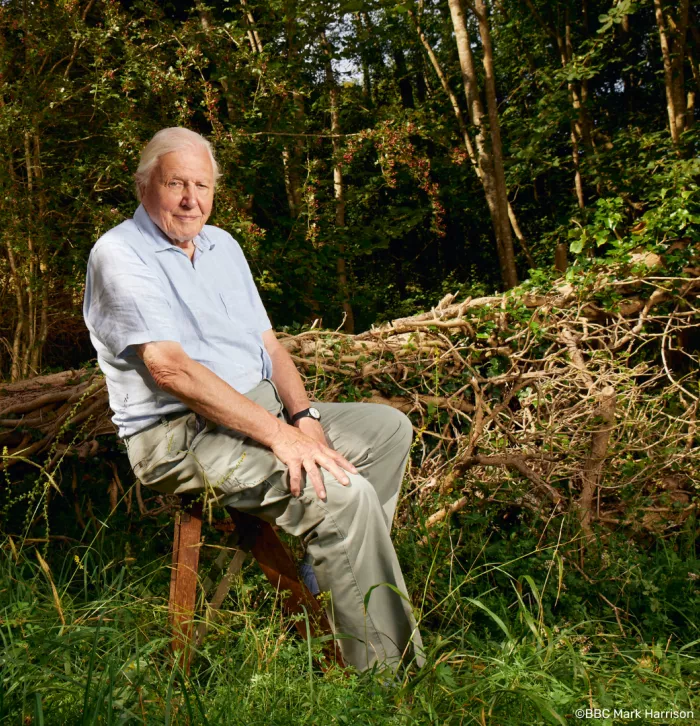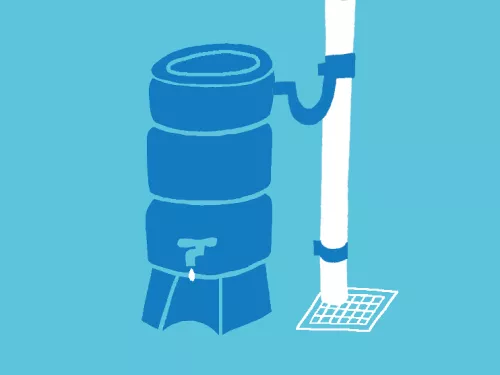
Climate friendly gardening
There are plenty of ways you can take action against climate change in your own backyard or local greenspace.

Learn how to reduce your travel emissions.
Emissions from cars and air travel pollute the world around us and cause significant health impacts. Carbon dioxide is released by burning fossil fuels like oil, which the petrol and diesel that we use in our cars is derived from. This harmful greenhouse gas contributes to climate change, including extreme weather events, sea-level rise, floods and drought. Additionally, our cars produce nitrogen oxides. When we breathe this in it can, over time, affect how well our lungs work, as well as the health of our wildlife.
Reducing your vehicle emissions doesn’t just reduce the pollution you produce, but can also save you money too!


There are plenty of ways you can take action against climate change in your own backyard or local greenspace.

Water butts lower the risks of local flooding and will reduce water bills by conserving the water you already have. They're great for watering the garden, refilling the pond - or even washing the car!

Sending letters 'to the Editor' of local newspapers is another great way to speak up for wildife.

Whether it's a flowerpot, flowerbed, wild patch in your lawn, or entire meadow, planting wildflowers provides vital resources to support a wide range of insects that couldn't survive in urban areas otherwise. It is also a great way of avoiding tools such…

Gardening doesn’t need to be restricted to the ground - bring your walls to life for wildlife! Many types of plants will thrive in a green wall, from herbs and fruit to grasses and ferns.

If we all do our part in saving precious water supplies, we can make a huge difference for the environment.